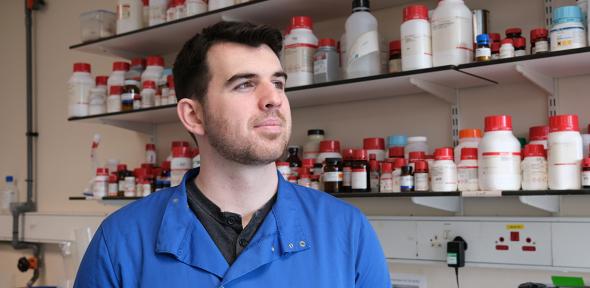
Submitted by D.P. Juan on Fri, 03/05/2024 - 16:32
The Howarth Group, and their international collaborators, have developed a new vaccine technology that has been shown in mice to provide protection against a broad range of coronaviruses with potential for future disease outbreaks - including ones we don’t even know about.
This is a new approach to vaccine development called ‘proactive vaccinology’, where scientists build a vaccine before the disease-causing pathogen even emerges.
The new vaccine works by training the body’s immune system to recognise specific regions of eight different coronaviruses, including SARS-CoV-1, SARS-CoV-2, and several that are currently circulating in bats and have potential to jump to humans and cause a pandemic.
Key to its effectiveness is that the specific virus regions the vaccine targets also appear in many related coronaviruses. By training the immune system to attack these regions, it gives protection against other coronaviruses not represented in the vaccine – including ones that haven’t even been identified yet.
“Our focus is to create a vaccine that will protect us against the next coronavirus pandemic, and have it ready before the pandemic has even started,” said Rory Hills, a graduate researcher in the University of Cambridge’s Department of Pharmacology and first author of the report.
The results are published today in the journal Nature Nanotechnology.
We have also produced a short video interview with Rory, where he describes the paper in his own words.
You can read the full story at the University of Cambridge's main news page. https://www.cam.ac.uk/research/news/new-vaccine-effective-against-corona...
This story has also been picked up by ITV Anglica, The Conversation and The Guardian.
